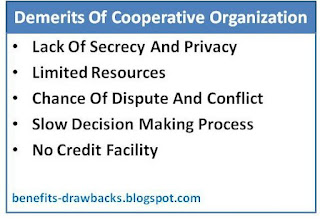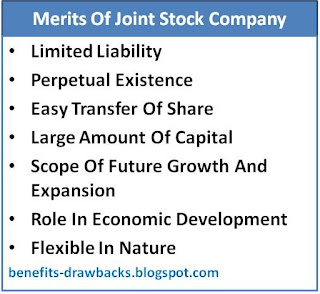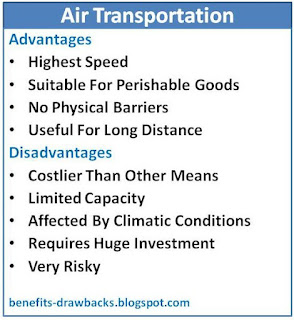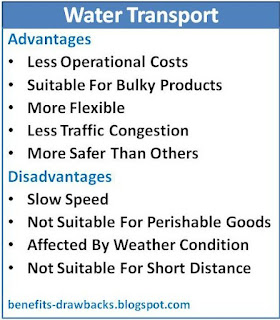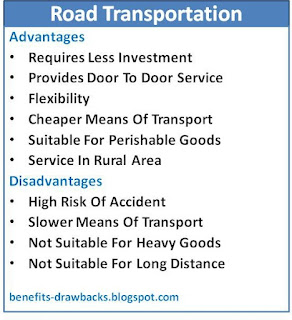Some of the notable drawbacks or disadvantages of cooperative organization are highlighted below:
1. Lack Of Privacy
In cooperative organization, all business activities are performed openly. Members of the society can easily get information about the business affairs. So, it lacks secrecy and privacy.
2. Limited Resources
Generally, cooperatives are established and operated by lower and middle income group people. The cannot invest adequate capital to undertake large scale business.
3. Possibility Of Disputes And Conflict
Because of open membership, people of different background (religion and ethnic group) and status may be the member of cooperatives. So, there is a possibility of disputes and conflict among the members of cooperative organization.
All the members are involved in the decision making process of cooperatives. Decisions are taken after long discussion and consultation with the members. So, decision making process takes a long time.
Also Read:
5. No Prompt Action
Because of slow decision making process, prompt action is not possible in this type of business organization.
6. No Credit Facility
In cooperatives, all the transactions are performed on cash basis. So, there is no credit facility to the members.

